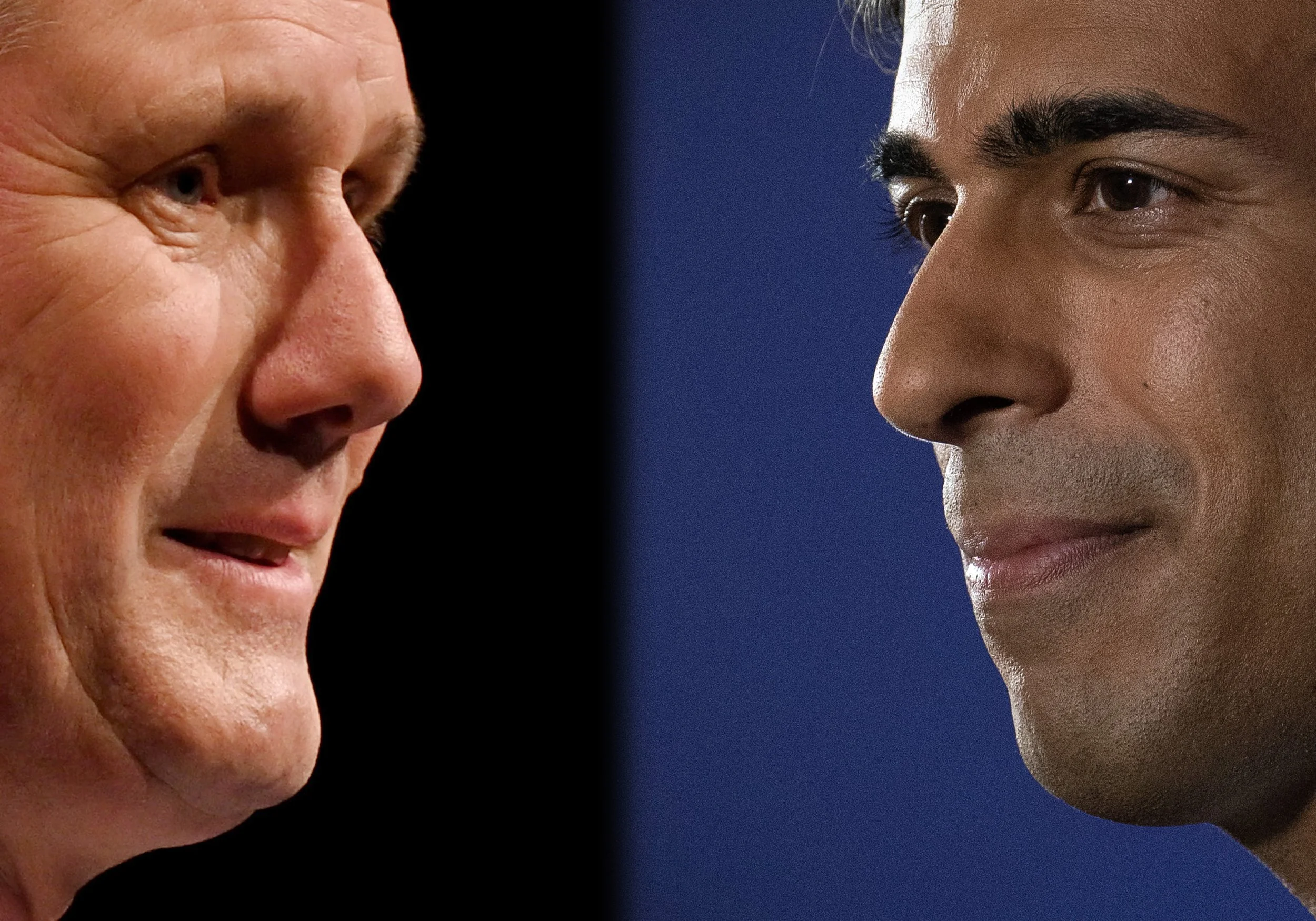Just last week, The Economist published a report entitled 'Worlds Apart', which highlighted how 'The American-led financial order is giving way to a more divided one'.
The fact is that after over 25-30 years of globalisation, countries and trading blocs are moving towards a more protectionist state of mind. Barriers, as the FT reports, are going up, but this time, in a world that has and still is being transformed by technology.
But as barriers go up, the importance of understanding and respecting cultural identities and differences will become greater influencers in how we negotiate, trade and do deals.
In this new world that is emerging, for those working in strategy, communciations and advisory, having a high cultutal intellegence mindset will be critical if they to effectively support governments and the business and the investment sectors.
Like emotional intelligence, cultural intelligence (CQ) will become a key drivers in the establishing of strong trust-based relationships through which mutual growth can be secured.
What is International Cultural Intelligence?
Cultural intelligence refers to the capability to understand, relate and work effectively across cultures. It encompasses four dimensions: metacognitive (awareness and planning), cognitive (knowledge about cultures), motivational (interest and drive), and behavioural (ability to adapt).
Research shows that governments and companies that master these dimensions are better positioned to engage meaningfully with diverse and international audiences, fostering essential trust and cooperation.
Understanding culture can also help to minimise risk and asists in the building of trust-based relationships.
In my over 25 year career working in communications and over 15 years of these working internationally, I have focused my training, advisory and support on the need to understand local cultural nuances in a way that helps secure engagement and trust. You know full well that showing a lack of understanding and respect ensures slower negotiations in any public or private sector deal.
Above all, let's remember that strategy and communications are about people and our focus is better understanding them so that we can build trust.
CQ in Government and Diplomacy
Cultural intelligence is critical skillset needed when negotiating treaties, trade deals, and alliances with international partners. The more we invest in learning about our counterparts' cultural differences, the better our relationships with them can be.
Government's international diplomacy teams invest in ensuring that their overseas staff are aware of the locations and the cultural differences that exist in locations which they have a presence. Diplomats who respect and understand cultural nuances build stronger, more resilient international relationships.
Great leaders, influencers and diplomats come from those that understand people and can show empathy.
As an example, the US State Department and the UK's Foreign, Commonwealth & Development Office, as well as other governments' international departments, train their staff to understand cultural differences. See the presentation from the Foreign, Commonwealth and Development Office below (PDF)
CQ in International Business
For businesses and investors, cultural intelligence can significantly impact market entry, expansion and investment strategies.
Like with those in the public sector, having cultural insight on the location where a business or investment opportunity is based or even the management team and the culture that they work to can help establish not just strong relationships, but also getting better terms for business.
Spain's Santander banking group has created a great site that gives entrepeneurs insight on local cultures in markets around the world. Everything from what to talk and not talk over lunch with a prospective business partner to business superstitions.
What Is The Strategic Value of International Cultural Intelligence?
Cultural intelligence as a skillset enables governments, companies and investors to create communciations that better reach and influences international audiences.
Showing understanding and empathy in communications and engagement helps to develop relationships built around mutual understanding and trust. It is this trust, through the past showing of respect and empathy that can limit the damage when a crisis happens.
So what value does cultural intelligence deliver an organisation?
1. Enhancing Communication Effectiveness
Cultural intelligence enhances the effectiveness of strategic communications by ensuring that messages resonate with diverse audiences. This is particularly crucial for governments engaging in public diplomacy.
For example, the British Council’s initiatives in promoting English education worldwide not only foster goodwill but also enhance the UK's soft power. Whether diplomatic or government trade teams are based overseas, they will advise on cultural sensitivities that need to be considered in private or public meetings, engagements, or promotional activities.
In business, understanding cultural preferences can tailor marketing strategies to local sensibilities, avoiding potential faux pas that could damage reputation.
During my time in the Middle East ten years ago, I learnt about the differences that exist in Arabic across the region, but also cultural differences between specific states and members of the Gulf Cooperation Council. Embedding this insight into communciations activity enabled private and public facing activity to secure enhaced engagement and influence.
2. Building Trust and Credibility
For governments and businesses, cultural intelligence is an intangiable asset that is a cornerstone of both diplomatic and commercial relationships which when deployed contributes to the building of trust and positive reputation
3. Facilitating Conflict Resolution
Cultural misunderstandings can escalate conflicts, whether between nations or within multinational companies. Cultural intelligence equips leaders with the tools to navigate and resolve such conflicts. As an example, former UN Secretary-General Kofi Annan often emphasized that many international disputes could be mitigated through cultural understanding and dialogue.
In the corporate world, cross-cultural conflicts can undermine team cohesion and productivity.
Training programs that enhance cultural intelligence can preempt such issues, fostering a more inclusive and harmonious environment.
Developing Cultural Intelligence
How doe we develop cultural intelligence that builds trust and reputation?
1. Education and Training
Governments and businesses must invest in education and training to develop cultural intelligence. Diplomatic academies, such as the United States Foreign Service Institute , offer extensive training on cultural competencies. Similarly, companies like IBM and Toyota Motor Corporation provide cultural intelligence training to their employees, ensuring they can navigate the complexities of global markets.
2. Immersive Experiences
Immersive experiences, such as international assignments and cultural exchange programs, are invaluable for developing cultural intelligence. These experiences provide firsthand insights into different cultural contexts, fostering deeper understanding and empathy. Former Australian Prime Minister Kevin Rudd, fluent in Mandarin, often credited his ability to engage effectively with Chinese leaders to his immersive experiences in China.
Being able to speak one or more languages is a small step in establishing understanding that can help deliver trust and growth.
3. Leveraging Technology
Today, technology also plays a crucial role in enhancing cultural intelligence. Digital platforms can facilitate cross-cultural interactions and provide resources for learning about different cultures. Virtual reality (VR) simulations, for example, can offer immersive cultural experiences, preparing diplomats and business leaders for real-world engagements.
The world is again becoming smaller. Empathy, respect and understanding are key drivers that help build positive reputations that establish trust.



